Patient News for April 2024

What you told us in the patient newsletter survey
We are thrilled that over 120 members from our new Patient Participation Group (PPG) kindly took part in our recent survey to help us shape our new monthly patient newsletter. This is all part of our efforts to tailor our patient services more and increase patient engagement in 2024 at The Hall Practice. Here's what we learned and how we plan to respond:
- Top topics: There was significant interest in women's health, mental health, preventative medicine, men's health, diet and lifestyle, and ageing well.
- Quality information: There's a strong desire for unique, personal insights from our GPs and the whole clinical team, not just the generic information available online. We plan to address this by dedicating each month to a different health topic, starting with stress. You can read Dr Turner's article on it below.
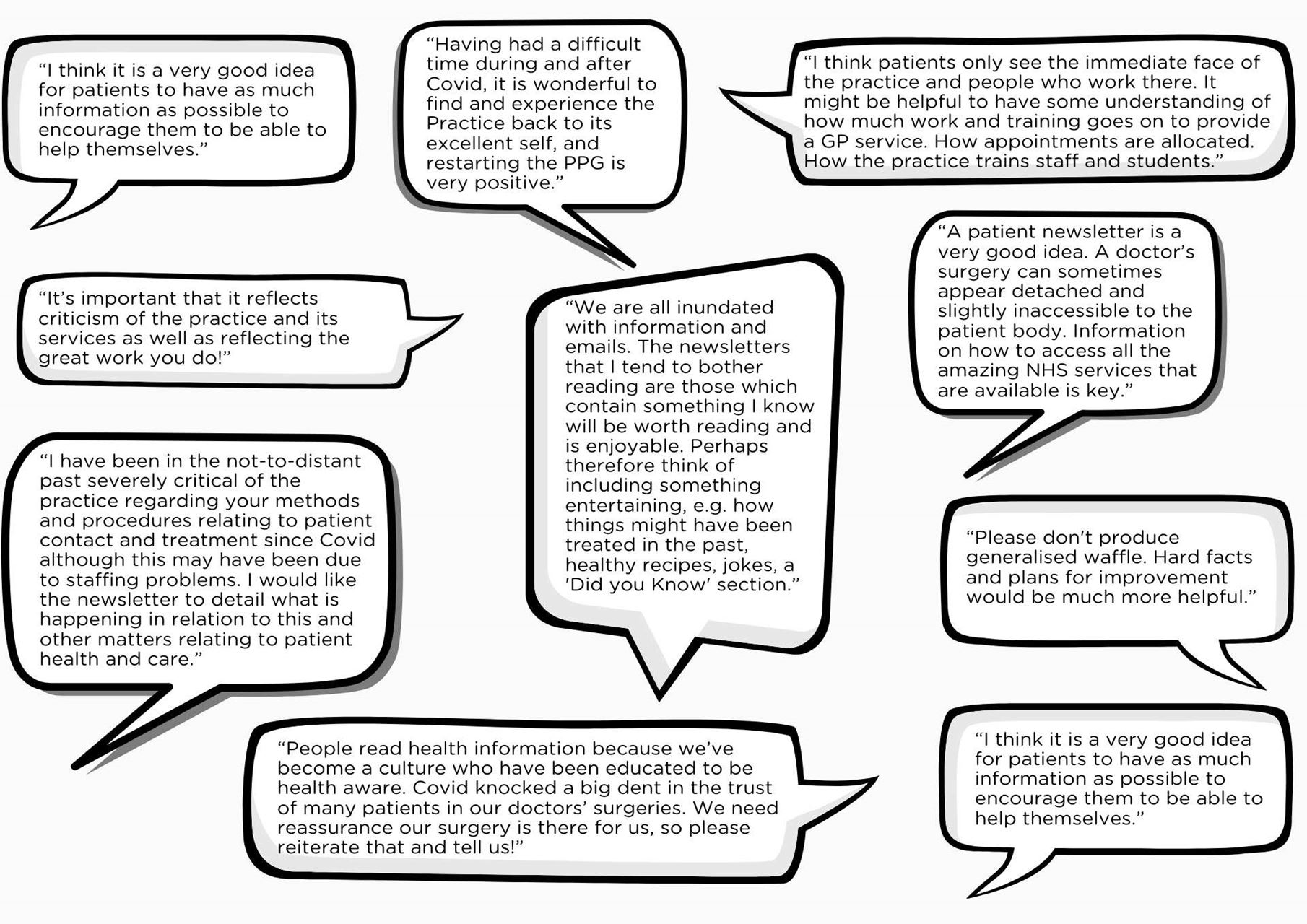
- Transparency and updates: You want more clarity on the latest changes, practice performance, and staff updates including when staff are away and staff profiles.
- Understanding GP services better: We will address some of the hot topics our PPG members asked us about through live Q&A sessions with our GPs throughout the year so you can hear information straight from the top. The first one will be about 'named GPs' and 'continuity of care', which we'll share more details about in April.
- Newsletter format and frequency: Over 90 per cent prefer to receive the newsletter via email, complemented by an accessible webpage and printed copies in reception. There was a strong preference for monthly communications to begin with, which we will reevaluate in June.
The Leadership Team at The Hall Practice are now busy incorporating all the feedback into our communication strategy as we aim to maintain the trust and personal connection you value in our care.
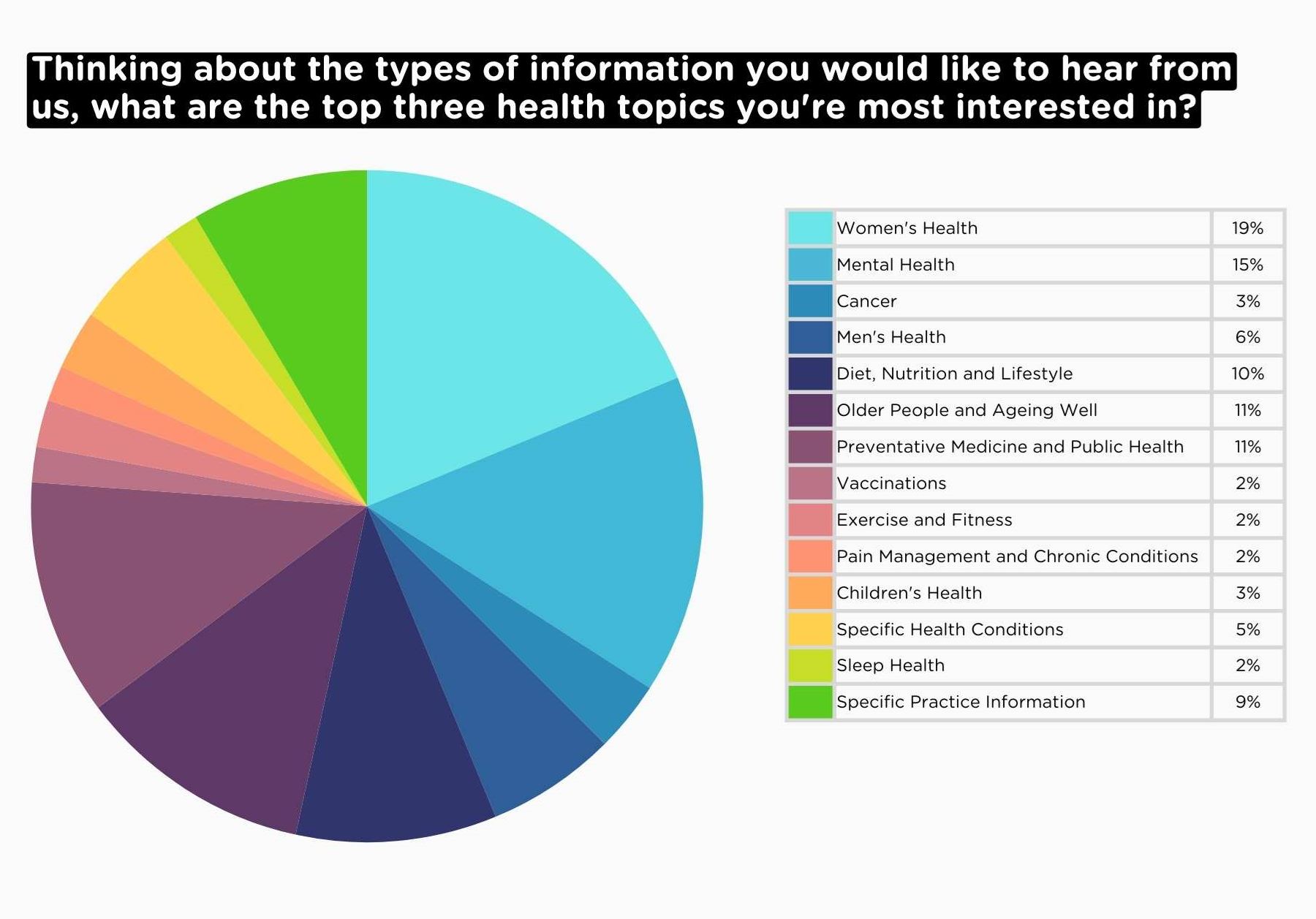
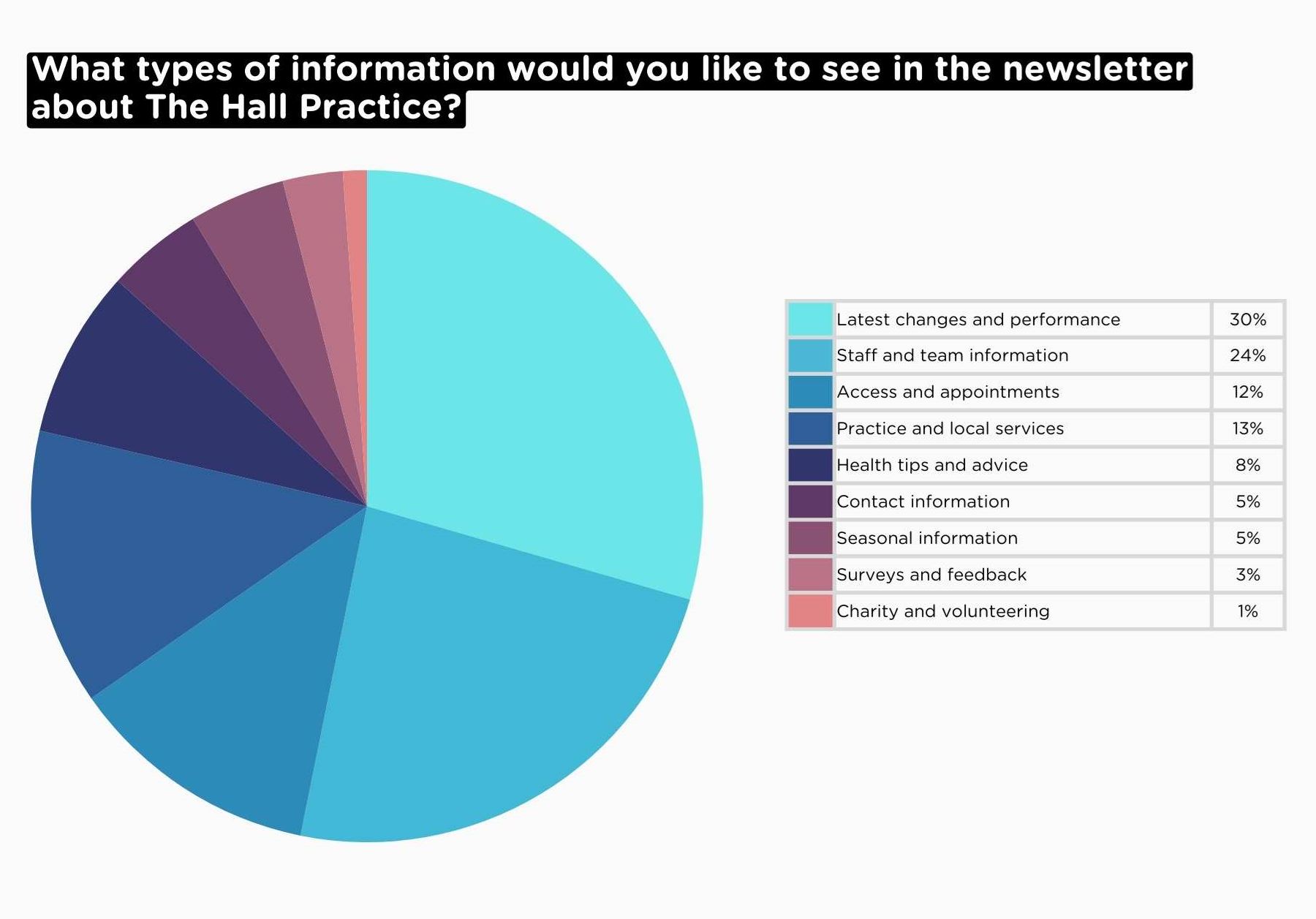
A conversation about continuity of care
Continuity of care and having a named GP were two points many of our new PPG members raised in our recent patient newsletter survey. We'll share details of the Q&A webinar for PPG members who want more information and clarity on this from the GPs in the next few weeks.
Over the past few years, we acknowledge that, due to permanent clinical staff being on sick or maternity leave, The Hall Practice had no choice but to bring in additional clinical support from non-permanent staff or locums.
At times, we realise that this has led to some patients feeling that they have not had the continuity of care that they would like or that they have not always been able to see their chosen clinician.
We're pleased to report our permanent clinical team are all back in practice now, including additional clinical support provided through our PCN (Primary Care Network) funding. We have also moved to the newly-refurbished health centre and out of the Calcot Medical Centre building.
This has provided us with more clinical consultation space to see patients face to face and we hope this will improve access to our team for all patients.
How we work at The Hall Practice
We know access to healthcare that suits your needs is not always easy. That's why we offer multiple ways to access our expert team: either through our online system (accessed through our website), which you can access 24 hours a day, or by phone if you're more comfortable contacting us this way.
One of our dedicated administrators is always available to take your call. We don't close our doors or our phone lines during our opening hours for the benefit and accessibility of our patients.
How we allocate appointments
Online and phone appointment requests are processed in the same way. Every request is viewed by one of our experienced GPs, and the doctor allocates an appointment to the relevant clinician, which is perfect for same-day urgent needs.
Continuity of care with a named clinician
We believe you deserve choice and flexibility. We know the comfort and trust that comes from seeing the same GP or clinician for ongoing care. So please feel free to request a specific health professional if you prefer. Our administrators will ask if you have a preferred clinician when you call for a routine appointment or you can add it to your online request.
Please bear in mind though that getting an appointment with your preferred GP might take a little longer due to availability. You can find the days our staff are usually in on the practice website.
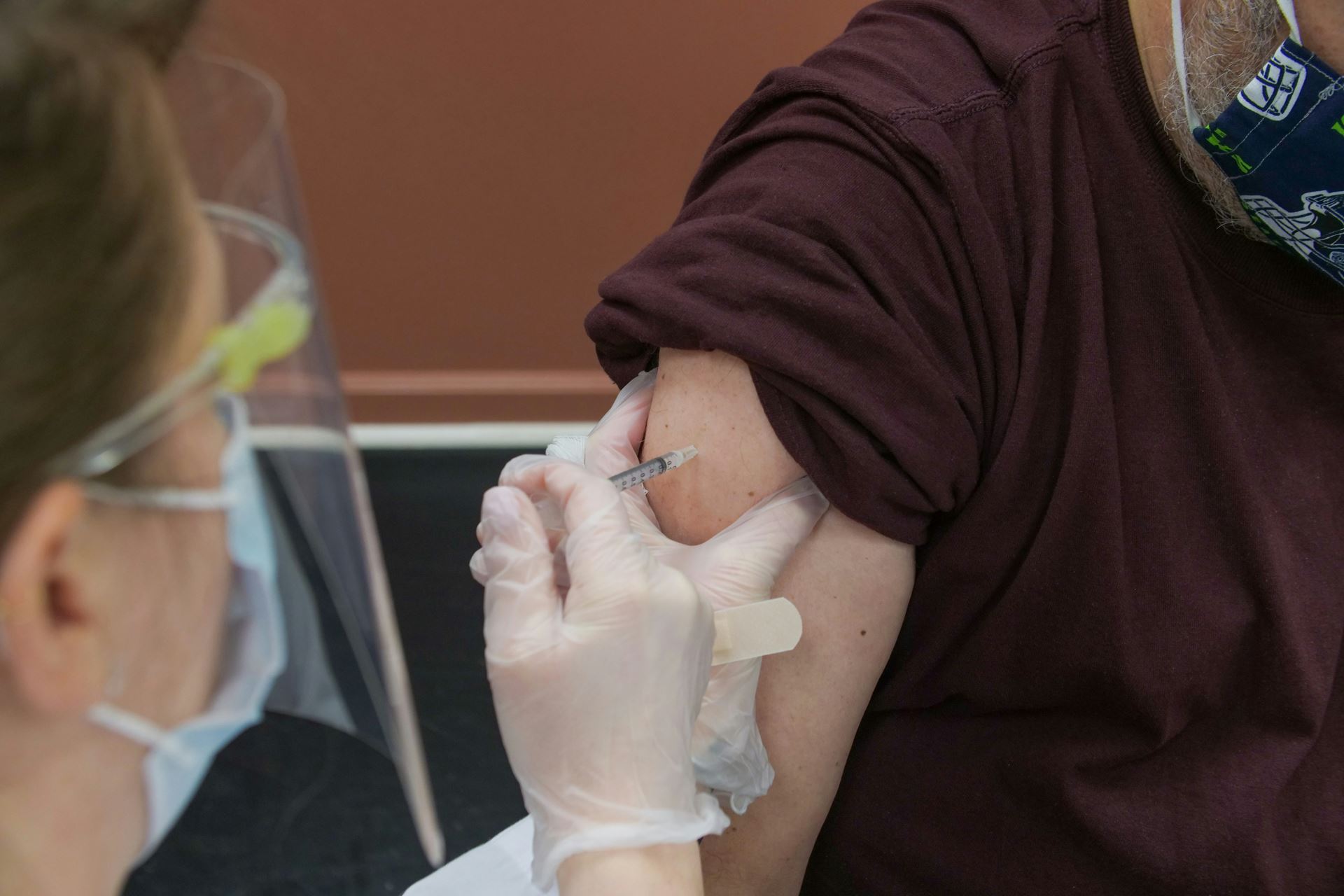
Spring 2024 COVID-19 booster vaccinations
If you're 75 years or older or have a weakened immune system, we'll be inviting you for your Spring COVID-19 booster shortly. You can choose to have your booster done here at the practice this year, and there'll be a choice of appointment times and days available for extra convenience.
From next week, our expert team of vaccinators are off to vaccinate residents in local care homes and housebound patients first. If you're eligible for the spring booster, we'll invite you by text, phone or email over the next couple of weeks, so you've plenty of time to book and arrange an appointment to suit you. Appointments will be available from 22 April onwards. There's more information about the spring booster and why you should have it here.
Spotting stress signs by Dr Turner
63% of people in the UK report feeling stressed weekly, with nine out of ten adults saying they experienced high or extreme levels of stress in the past year. I didn't need to read the Burnout Report 2024 by Mental Health UK to know that I see patients (and occasionally staff) with stress every day in the practice.
Spotting the stress signs might seem obvious, but there are some little-known stress facts you might be surprised by:
- Stress can be contagious. Research has shown that if you spend time around people who are stressed, you're likely to become stressed yourself, even if you're not aware of their stress initially.
- Chronic stress can cause vision problems. High levels of the stress hormone cortisol can cause our eyes to become more susceptible to disease and impair visual abilities over time.
- Stress ages your brain. Studies have linked chronic stress to premature ageing of the brain, potentially increasing the risk for neurodegenerative diseases like Alzheimer's down the road.
Your employer has a duty of care to ensure you don't burn out from stress, and I always advise patients who are stressed to start there. Good employers can often adjust your workload or direct you to Employee Assistance Programmes, which can help you access counselling and therapy services quickly, without having to wait for NHS talking therapies which can sometimes take several weeks.
Everyone manages stress differently, no matter what the source is. In my experience, it's about finding what suits you and your personality best and building it into your days more often so it's there to help long-term. Mindfulness and exercise work for some; others say it makes things worse. Practical strategies like those in "The Stress Solution" by Dr Chatterjee (a very good read by the way) might be the answer for low-level stress. Spending time around our pets and walking in the woods are also very good.
The point I'm trying to make is that you'll probably need some trial and error before you find the answer. And if you need help to do that, there's more of it than you might think. Here's what the NHS says about stress. If the things you're trying yourself aren't helping or you're struggling to cope, please make an appointment request with me or one of the GPs to discuss it. You're certainly not alone!
Recent media coverage about physician associates
Lately, there's been some worry in the news again about the safety of physician associates (PAs). We want to make clear that these concerns do not apply to how we work with Betsy and Diane, our incredible physician associates at The Hall Practice. Betsy and Diane have over 45 combined years of US training and practice. If you've ever had an appointment with one of these two, you'll know all about the exceptional and thorough care they provide.
Physician associates have been part of UK healthcare since 2003, after seeing how well they worked in the USA since 1987. They're trained to take patient histories, carry out examinations, understand test results, and play a key role in looking after patients alongside GPs. They always work under a doctor's supervision and if they need to order prescriptions or tests, we have strict systems in place to make sure these are checked by a doctor first, which keeps patients and our PAs safe.
Betsy and Diane are much-loved, integral members of our team, and it's been sad to read some of the stories about PAs who are not supported to work safely and effectively like ours. We couldn't be without them, and we hope this reassures you of the valuable care our PAs provide.
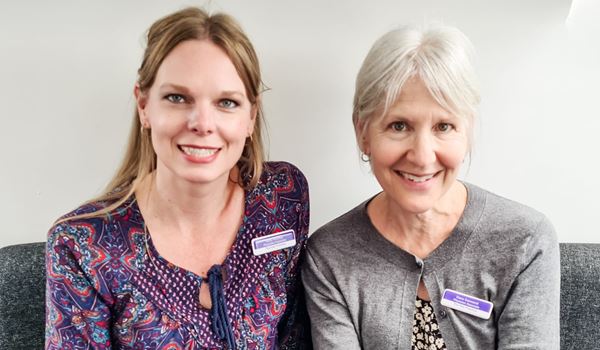
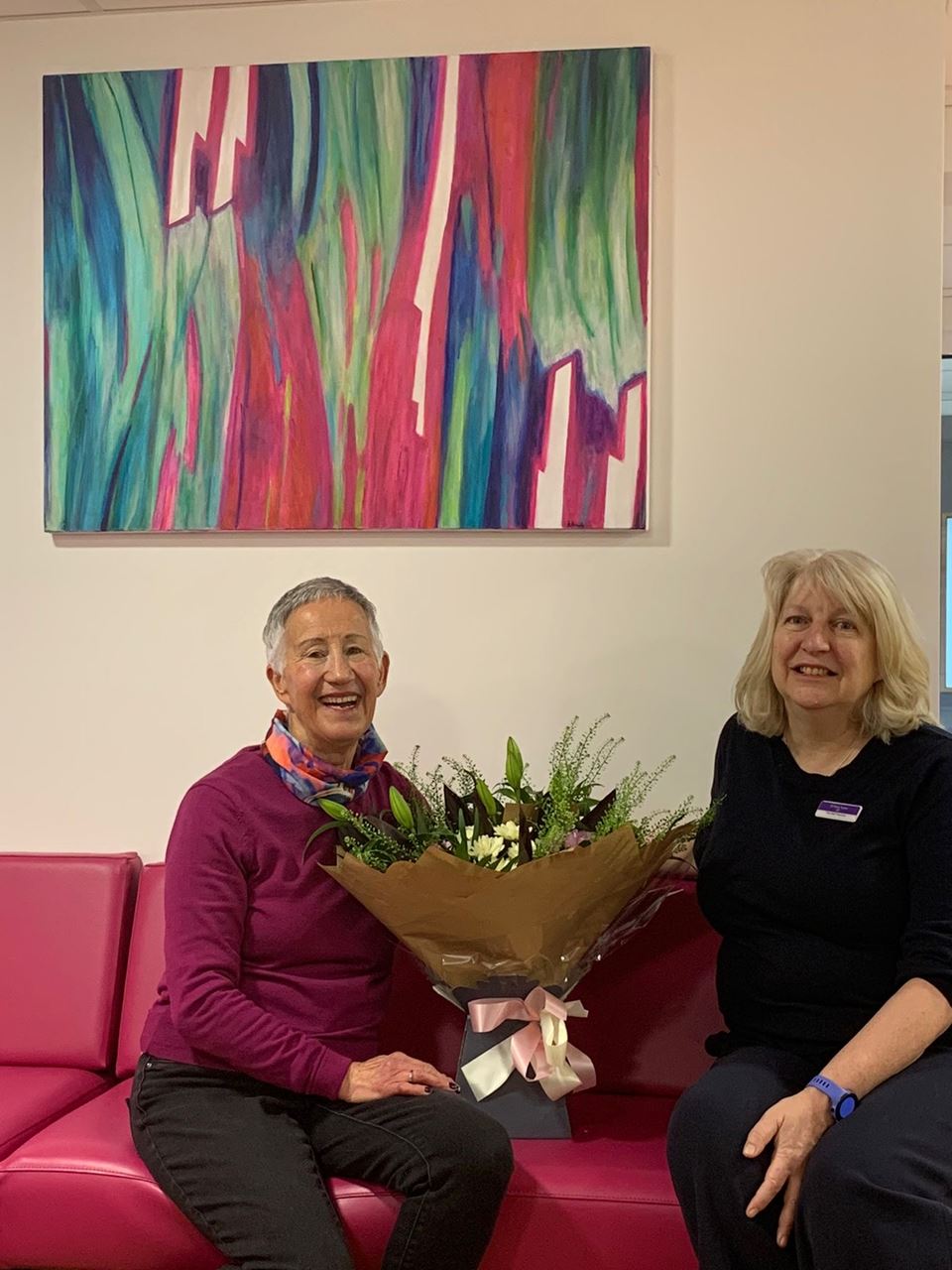
New artwork in the waiting room
If you've been to the practice recently, you might have seen the striking new artwork in the waiting room or our nurses consultation rooms. These are all thanks to talented contemporary textile artist and long-time Hall Practice patient, Karen Broude:
"We've been patients at The Hall Practice for over 25 years. I've always marvelled at the kindness and forward-thinking of every member of staff. We can see how well all the staff seem to get along as a team and provide a pleasant environment for their patients so this artwork was to say ONE BIG THANK YOU for the kind and caring treatment we have always received."
Many thanks for your kind donation, Karen - the unicorn in the nurses room is proving particularly popular! You can check out Karen's work on her website.

Page created: 21 February 2023
